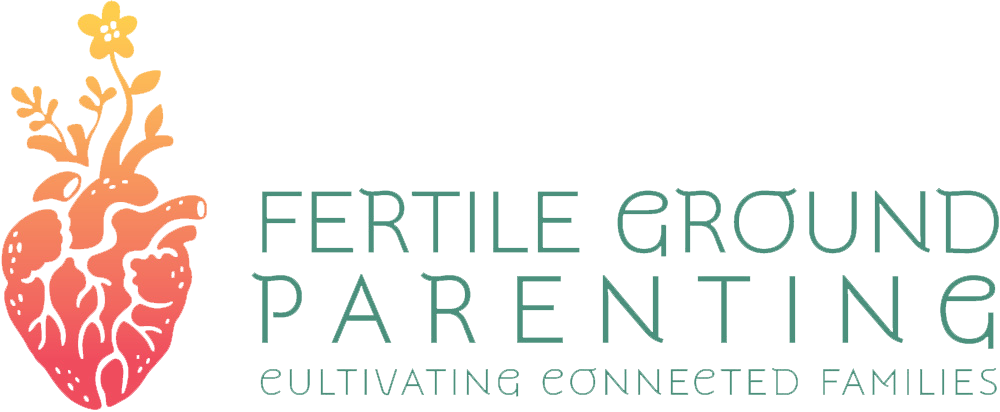I offered a free workshop recently on setting limits without using shame or punishment, and as usual, the questions were my favorite part.
We have so many experiences as parents that challenge whatever textbook parenting advice we’ve received along the way.
Examples include:
“OK, I get that it’s a good idea to set a warm limit! But what do I do when I don't FEEL warm?”
“What do I do if agree with this approach in theory, but then when the sh*t hits the fan, I default back to threats and bribes?
“You’ve suggested that I bring connection when my kids are off track, but doesn’t that just send the message that my kid can act like a jerk and I’ll be nice to them?”
Read moreWe’re about a month into a move from the US to Spain, and I’m using all my parenting tools to get through it. It’s been hard on me, and on my husband. But our 9-year-old is having the hardest time by far.
In this post, I’ll talk about one tool I’m finding particularly useful as we navigate the inevitable ups and downs of parenting a deep-feeling kid in the midst of a big transition.
That tool is play, or playfulness.
Read moreOne day, toward the end of my mom's recent trip, she came into the kitchen chuckling after a typical display of feeling from our son.
“I can’t get over it. You were just like him,” she said.
Before last summer, I would have scoffed at the comparison. I remember myself as a kid who knew from an early age that there was a right way to be and a wrong way to be. And I was going to be right. Which made me good.
Read moreWe were traveling last weekend, visiting my parents in Florida to celebrate my dad’s 90th birthday. It was lovely, but possibly slightly boring for a 5-year-old. So, the day after the party we hit the mall to find some play spaces for him to move his body a bit. (That’s how they do it in Florida!)
The mall had a High Jump—one of those contraptions where they hook you up to a harness and some bungee cords and you can jump super high on a trampoline. Naturally, our kid was like a moth to a flame.
My son had to wait for a couple of other kids before it was his turn, sitting in a little chair inside the ring containing the High Jump. At one point, excited by all the jumping, he stood up. The ride operator immediately barked, “sit down!” He did, chastened.
Read moreOne of the biggest challenges we face as parents is knowing how to respond when our children have a big feeling—when they get angry, very sad, frustrated, or even super excited.
This work begins for us when our babies are tiny, when they sometimes cry for prolonged periods for seemingly no reason.
And it continues as our children grow into older babies, toddlers, and beyond.
How we meet our child’s big feelings will teach them how to meet their own feelings, and, I’d argue, how to understand themselves as they grow.
Read more
